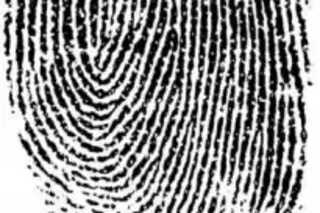In the justice system, a confession is often treated as proof of guilt---and yet, a surprising number of people confess to crimes they didn't commit. In its latest issue, the Economistreviews recent research showing just how frequently innocent people 'fess up, and what factors lead them to do it. When an experimenter falsely accused subjects of crashing a computer, 25% of them confessed even though they'd done nothing wrong, one study found. If the accusation was corroborated by a (lying) eyewitness, that number jumped to 80%. In another study, participants falsely accused of cheating on a task were told that authority figures were processing evidence that could prove their guilt---in this case, a tape. Half the people confessed, even though they must have known the tape recorded their actual, innocent behavior. This is particularly worrying because police often use this same tactic when waiting to get DNA or fingerprint results. ...
Why Do the Innocent Confess?
A confession as proof of guilt raises concerns: many innocent people confess due to misleading police tactics. Learn more about this issue.
More on Discover
Stay Curious
SubscribeTo The Magazine
Save up to 40% off the cover price when you subscribe to Discover magazine.
Subscribe













